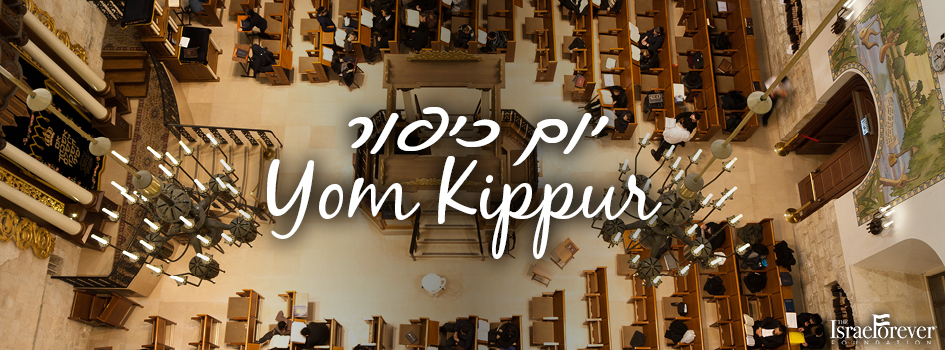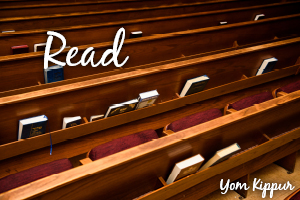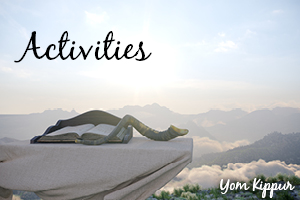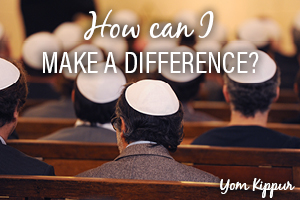YOM KIPPUR

Yom Kippur, the Day of Atonement, is the holiest day of the Jewish year. It is marked on "the tenth day of [the] seventh month" (Tishrei) and is regarded as the "Sabbath of Sabbaths".
Yom Kippur completes the annual period of the High Holy Days or in Hebrew, Yamim Nora'im ("Days of Awe") that commences with Rosh Hashanah.
“GMAR CHATIMA TOVA"
In the days leading up to Rosh Hashanah we wish each “Shana Tova”, “may you have a good year”. After Rosh Hashanah and up to Yom Kippur, we wish each other “Gmar Chatima Tova,” “May you be inscribed in the Book of Life.” Jewish tradition says that every year, God inscribes each person's fate for the coming year into a book, the Book of Life, on Rosh Hashanah, and waits until Yom Kippur to "seal" the verdict. This expression is also reflective of Jewish history and experience – what other People on earth have a New Year salutation that literally means: “I hope you don’t die in the year to come”?
YOM KIPPUR RITUALS
ASKING FORGIVENESS
The Days of Awe between Rosh Hashanah and Yom Kippur are a time to amend behavior and seek forgiveness. Interestingly, Jewish tradition dictates that one must first make amends between people, asking forgiveness from those you may have hurt or offended and only after that does it become appropriate to seek forgiveness from God.
The evening and day of Yom Kippur are set aside for public and private prayers. At the end of Yom Kippur, one hopes that we have been forgiven by God.
FASTING
No eating or drinking for a 25-hour period. Traditionally a family meal is held before the fast and afterwards, to break the fast. Like Shabbat, no work is to be done on Yom Kippur, from the time the sun sets on the ninth of Tishrei until the stars come out in the evening of the next day.
In addition to fasting tradition dictates no wearing of leather shoes, no bathing or washing, no perfumes or lotions, no marital relations. The purpose of these restrictions is to make the body uncomfortable so that the soul is made uncomfortable so that it can better focus on matters of the soul rather than matters of the flesh - purification and atonement.
IN ISRAEL
There are no radio or television broadcasts, airports are shut down, there is no public transportation, shops and businesses are closed. It is considered impolite to eat in public on Yom Kippur or to sound music or to drive a motor vehicle. There is no legal prohibition on any of these, but in practice such actions are avoided except for emergency services.
"BICYCLE HOLIDAY"
For secular Jews Yom Kippur has become a holiday of bike riding and skating in the streets that are empty from cars. People leave their homes and go outside, making the day one of meeting old friends that one might not normally see during day to day life. People walk and talk, randomly meeting friends from the neighborhood, from childhood, giving a renewed sense of community.
YOM KIPPUR WAR
For many Israelis Yom Kippur is a time to remember friends and relatives killed in the 1973 war and attend memorial services (held before the holiday begins).



